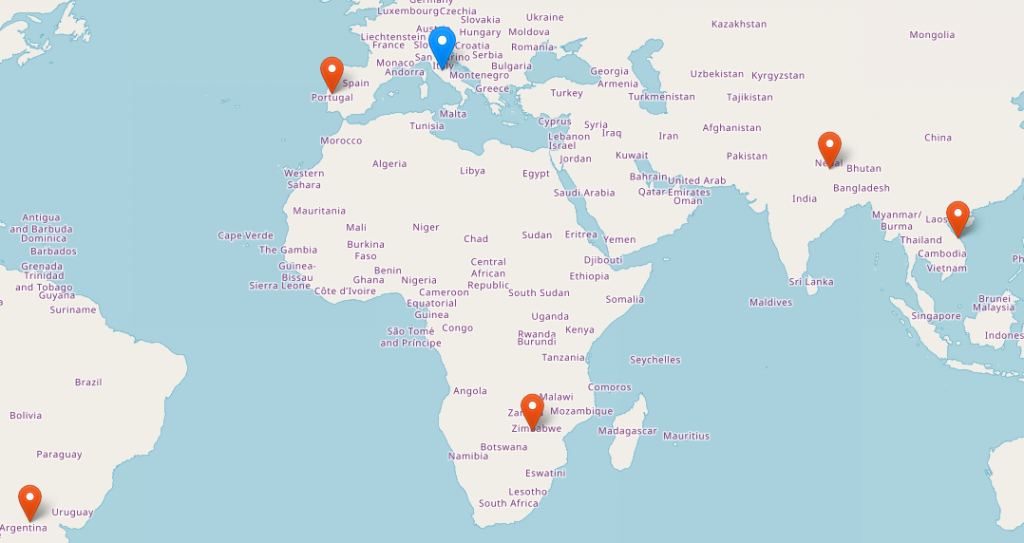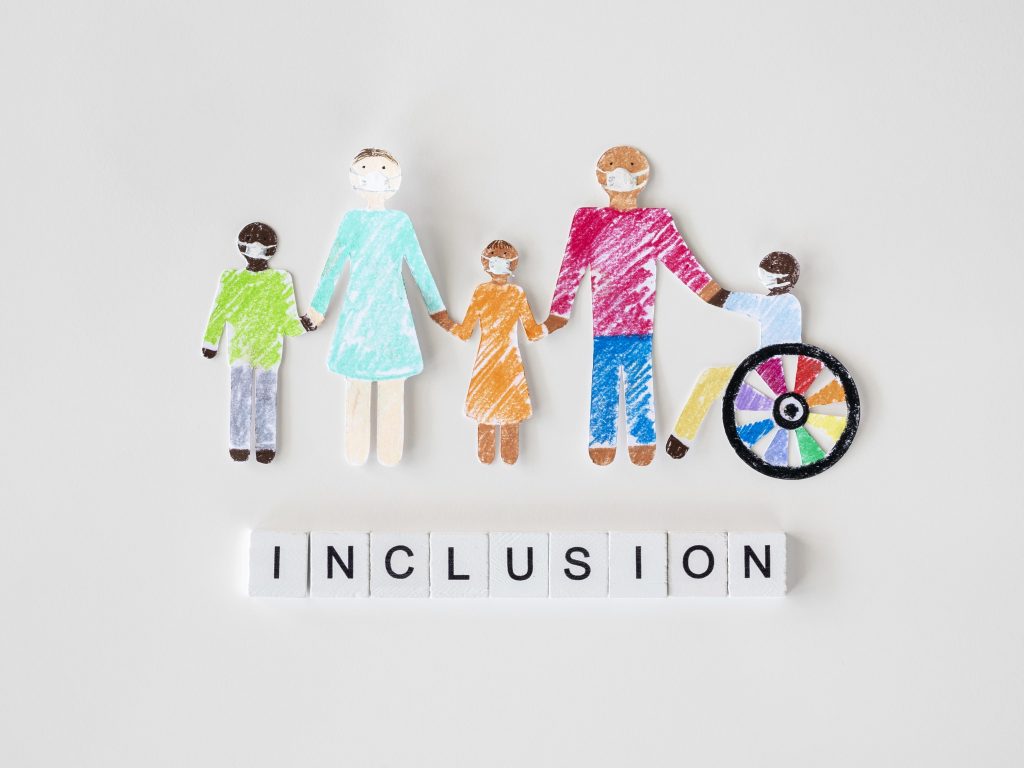yo-CODE


Research

Idea

CHALLENGE

INSPIRATION

THE PROJECT

GOAL


The project contributes to the empowerment and social inclusion of youth in their community’s social life, with a clear link to the ET 2020 policy objective of “Promoting equity, social cohesion, and active citizenship”. The project it is also according the Europe 2020 Strategy, stating that highly skilled individuals with critical mind-sets are needed to help business and the public sector to innovate their processes and systems to accomplish with the high standard set by European and National Governments.
The participating organizations are already active in sustaining and offering support to youth, but they need more refined techniques and help to overcome the lack of central support and learn how to manage better the methods, educational resources and tools at their disposal. By working together, they aim at fostering their ability to reach out and engage young people quality of life.

If the youth is empowered to be active part of their democratic process and civic life, all community will benefit from this improved social cohesion. Reducing youth disengagement and foster social inclusion is one of the targets of the 2030 Agenda for Sustainable Development, under Goal 8 on “Promoting sustained, inclusive and sustainable growth, full and productive employment and decent work for all” and is directly linked to SDG 4 on education, because tackling inequality will make our societies fairer and our economies stronger.
